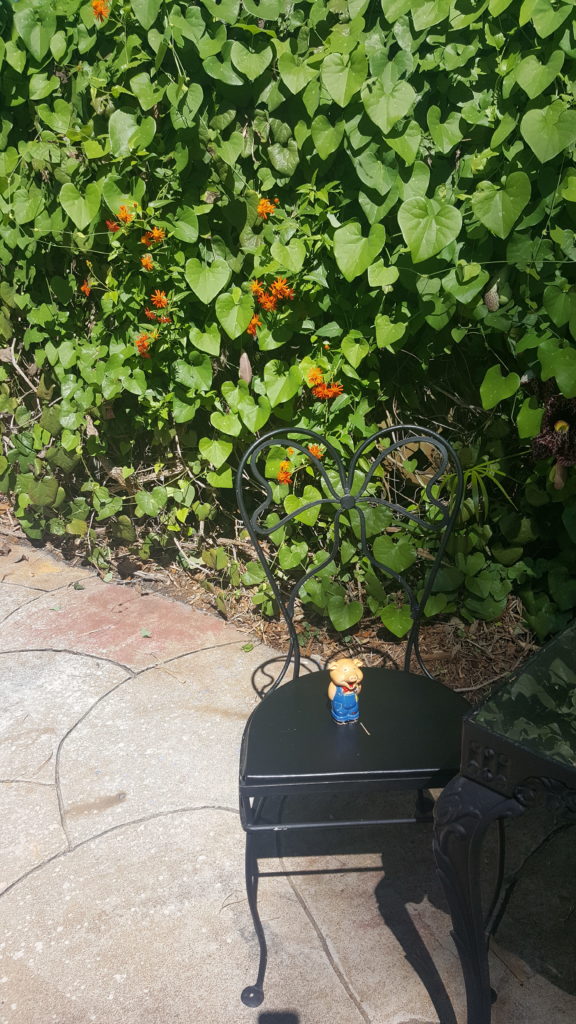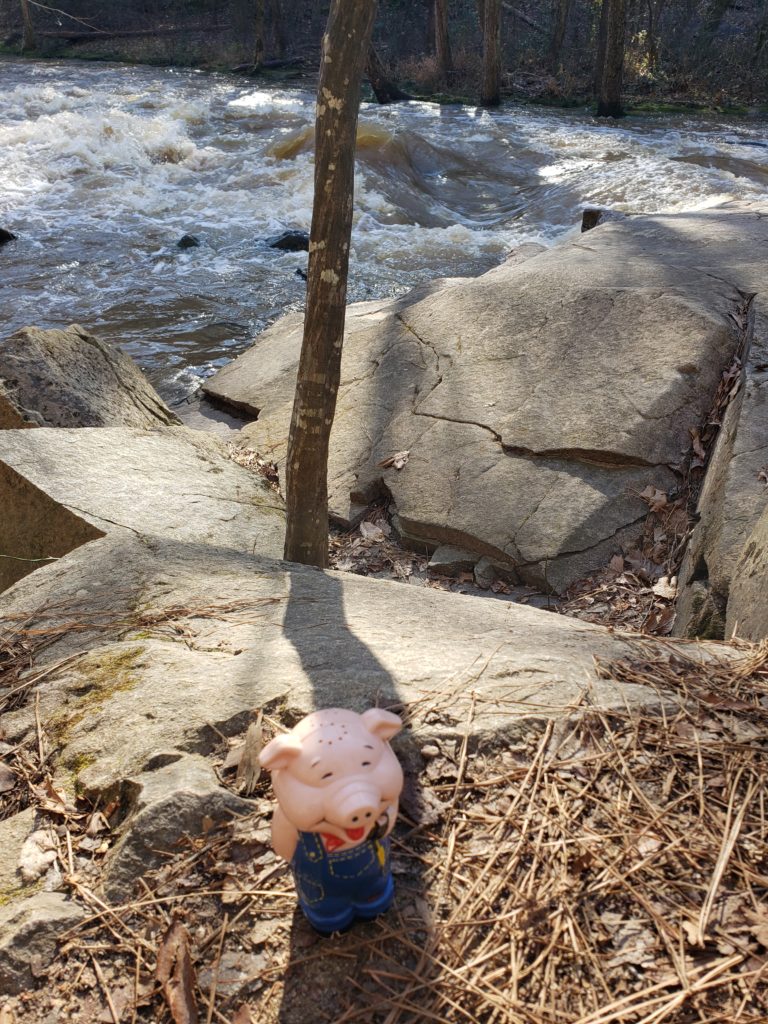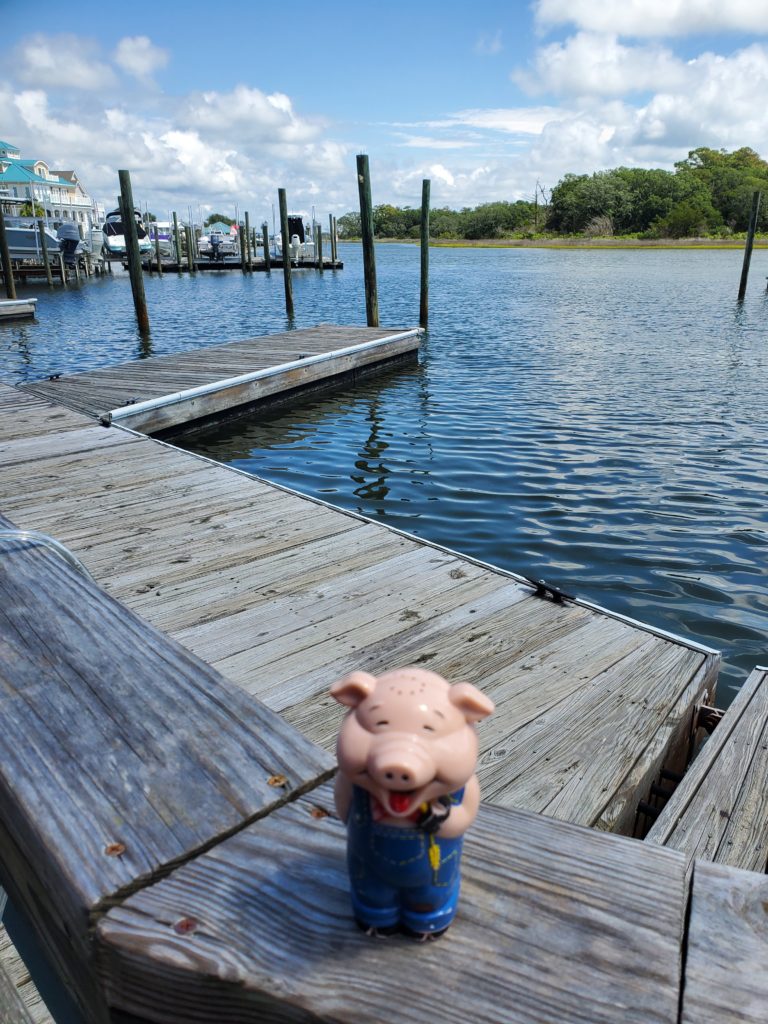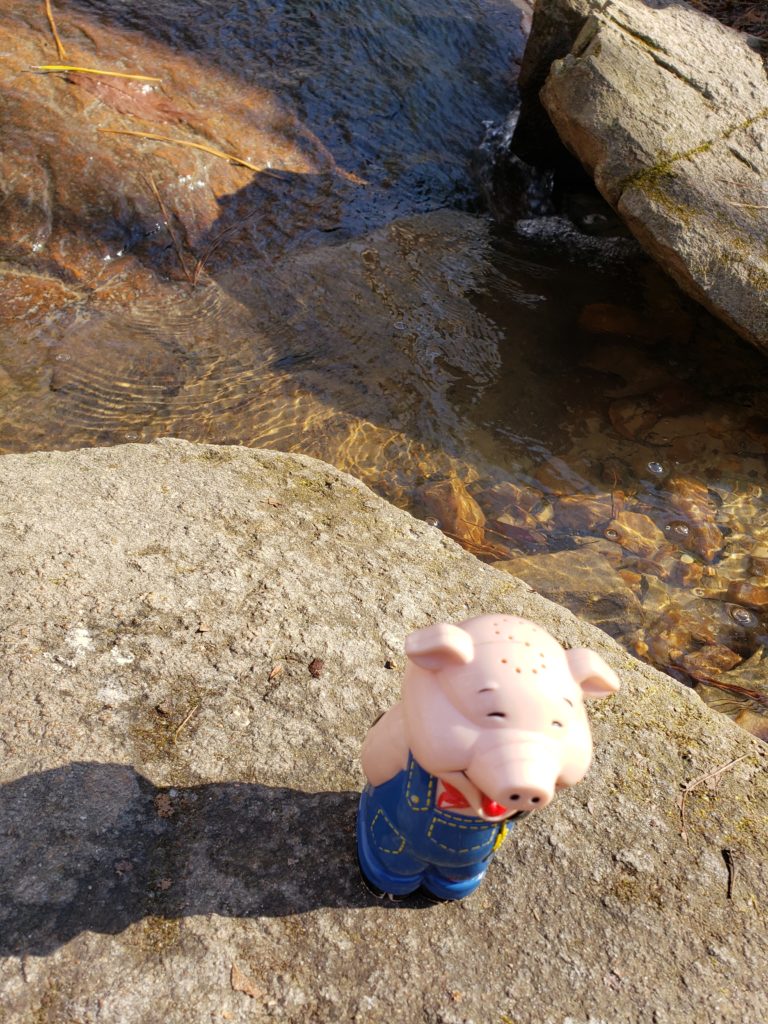
Prodigal: It is wise to be humble.
Me: Yes, it is but it can be a struggle for me.
Prodigal: Maybe we need to be reminded.
This is from the book Filled with the Spirit…Then What? by R. Mabel Francis
Humility is perfect quietness of heart. It is to have no trouble. It is never to be fretted, vexed, irritated, sore or disappointed. It is to expect nothing, to wonder at nothing that is done to me, to feel nothing done against me. It is to be at rest when nobody praises me, and when I am blamed and despised. It is to have a blessed home in the Lord where I can go in and shut the door and kneel to my Father in secret. I am at peace as in a deep sea of calmness when all around is trouble.
I need this word today. I had a great morning with the Lord. Then I met with some people and why do I suddenly feel my spirit with pride. I starting believing I am better than them. How false, how not of the Spirit. You have life because of the Lord. You have the Lord because of His grace. Remember who you are in Christ and how He has loved you. He loves those people the same no matter where they are in life. Get your spirit straight and humble and do not let pride continue. Ask God for forgiveness and pray that He gives mercy.
Mark 2:8
And immediately when Jesus perceived in his spirit that they so reasoned within themselves, he said unto them, Why reason ye these things in your hearts?
Jennifer Van Allen
www.theprodigalpig.com
www.faithincounseling.org

























